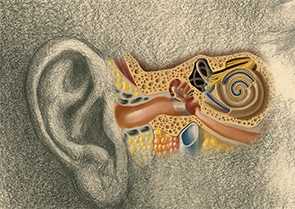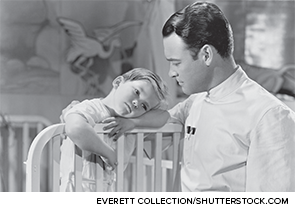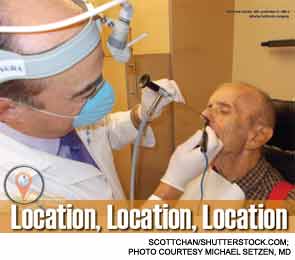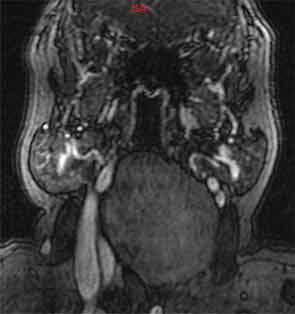Optical tools, imaging, fully implantable cochlear implants among latest advances in push for better diagnostic, treatment approaches for inner ear disorders


Optical tools, imaging, fully implantable cochlear implants among latest advances in push for better diagnostic, treatment approaches for inner ear disorders

Effective patient care requires a human touch


Otolaryngologists discuss how to cultivate trust in patients prior to surgical procedures


Screening for newborn hearing loss, typing bitter taste receptors, HPV testing may help physicians prevent disease, determine proactive treatment strategies

Evidence does not support routine use of mastoid pressure dressing to prevent hematoma, but loose dressings may be beneficial


Physicians must consider using equally effective, less expensive products to treat disorders, even if they haven’t earned U.S. FDA approval, said experts at the 2013 American Academy of Otolaryngology-Head and Neck Surgery Annual Meeting

A 64-year-old woman presents to the ED with shortness of breath